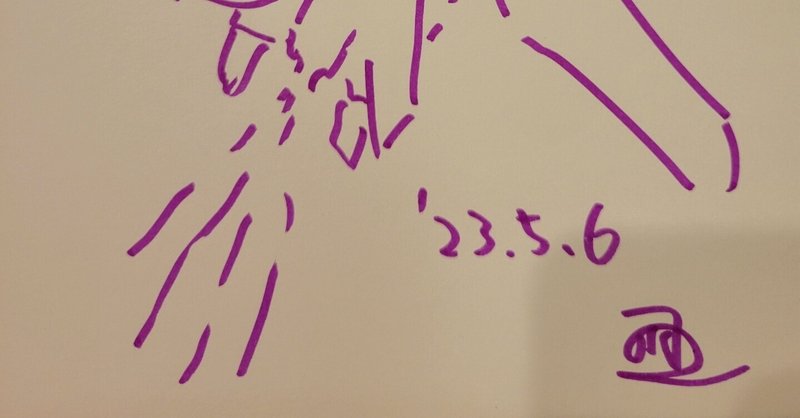
230506 電波欺瞞紙とコーヒー豆のアレ
チャフは払うべきか
丸ごと使って淹れるべきか
この問が毎度
悩ましいのです
チャフを払えば
スッキリする
様に思えるけど
入れておいた方が
ワイルドで
お豆の味わいを
満喫できるようにも
想えていて
難しいです
口に入るものって
研ぎ澄まして行くって事は
雑味を排して
人が美味しいと感じる部分を
強調して濃縮して
いく作業なんだろうし
ソレって
一物全体食という
日本古来の
素晴らしい思想から
離れていってしまう
この観点からスると
和食の掃除は
一物全体食の思想と
相反するのではないか
とも考えちゃったり
焼いただけ
煮ただけ
蒸しただけ
揚げただけ
もっと謂っちゃえば
生でそのまま
シンプルな調理技法には
何と云うか野蛮な力強さが
宿っていて
生き抜いていく確固たる意思を
感じます
230506 The chaff
Should I pay the chaf or use the whole thing to brew?
This question haunts me every time.
It seems to me that paying for the chaff clears things up.
but I think it's wilder and I can enjoy the full flavor of the beans
I think it's better to leave the chaff in, so you can enjoy the full flavor of the beans, but it's hard to decide.
What goes into our mouths
To sharpen the taste is to eliminate the impurities and to emphasize what people find tasty.
I think it is a process of concentrating and emphasizing the parts that people find tasty.
This is a departure from the ancient and wonderful Japanese concept of "whole food".
From this point of view, I wonder if the cleaning process of Japanese food is at odds with the idea of "one product, one whole meal".
Grilled, boiled, steamed, deep-fried...
Or to put it more simply, raw and unadulterated.
There is something barbaric and powerful about this simple cooking technique.
I feel that the simple cooking technique has a barbaric power
I feel the firm will to survive.
By DeepL
この記事が気に入ったらサポートをしてみませんか?
